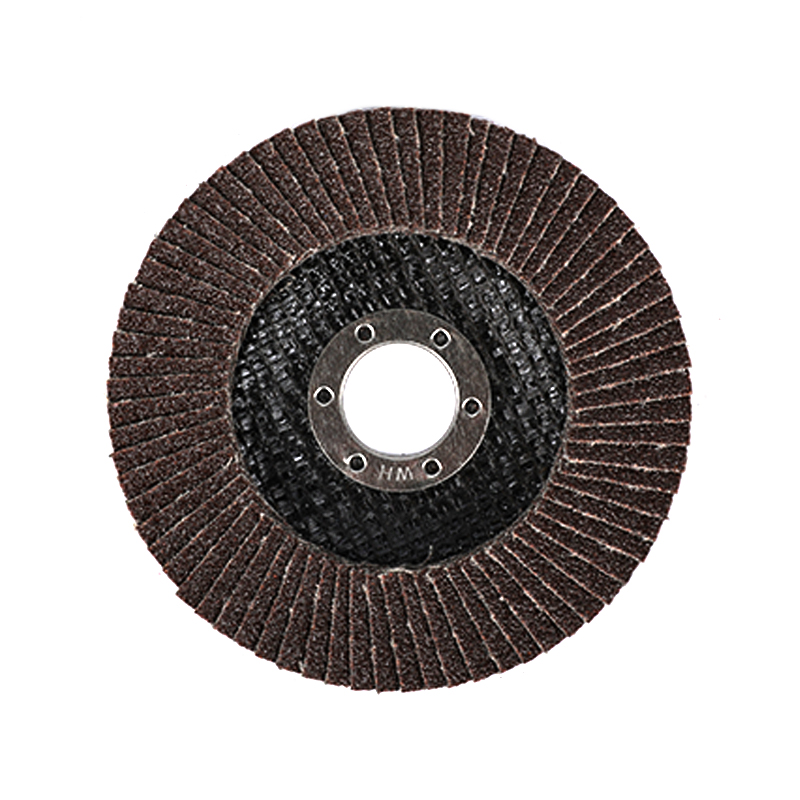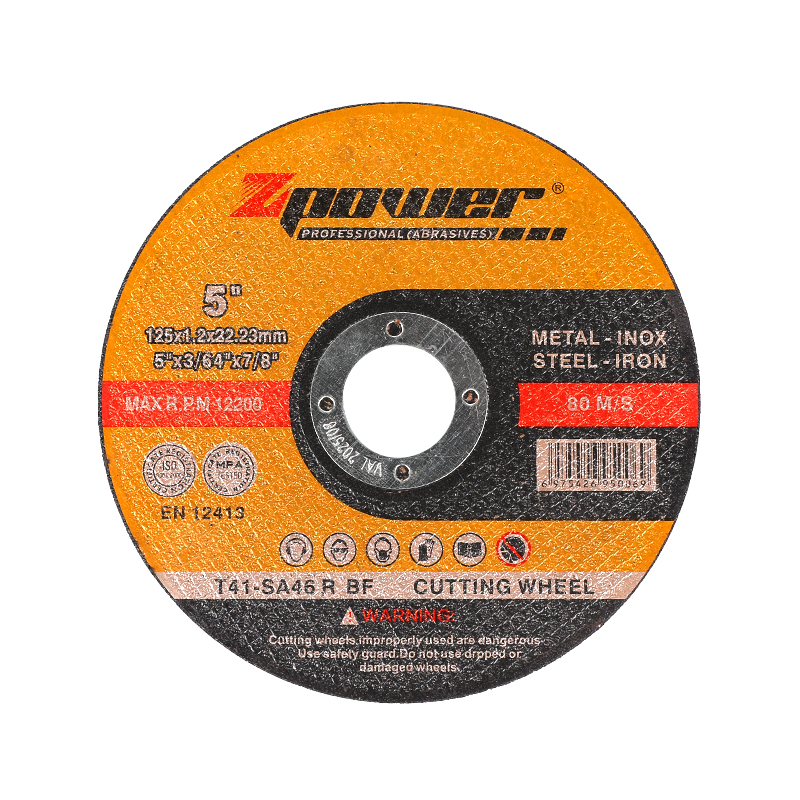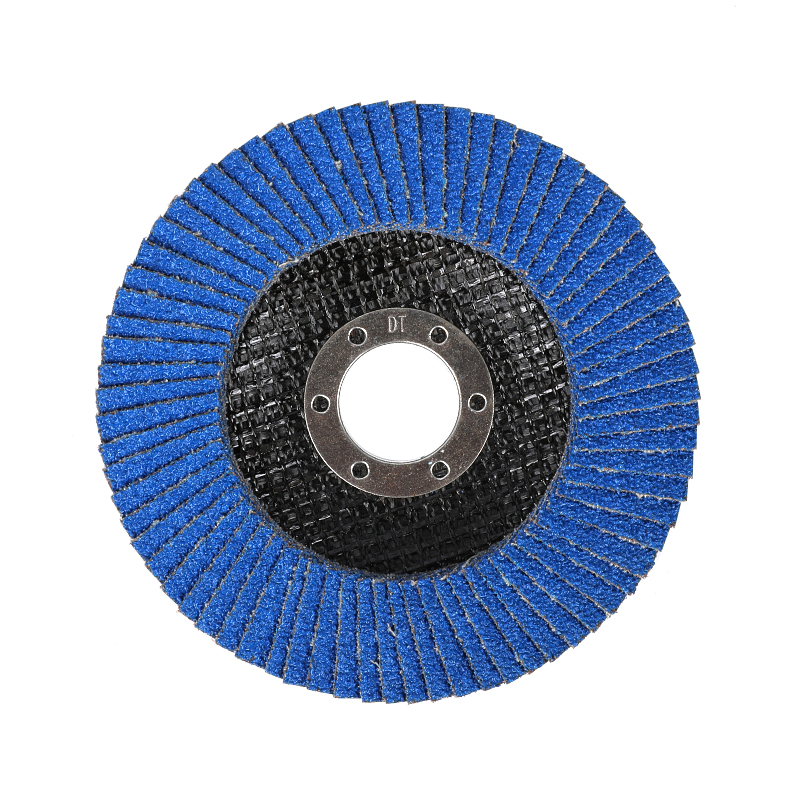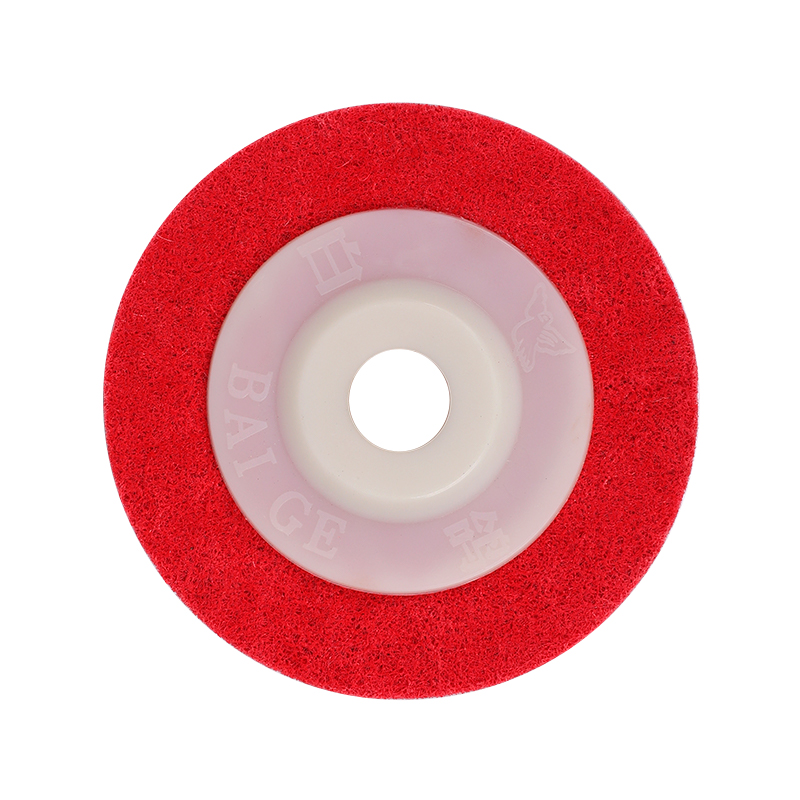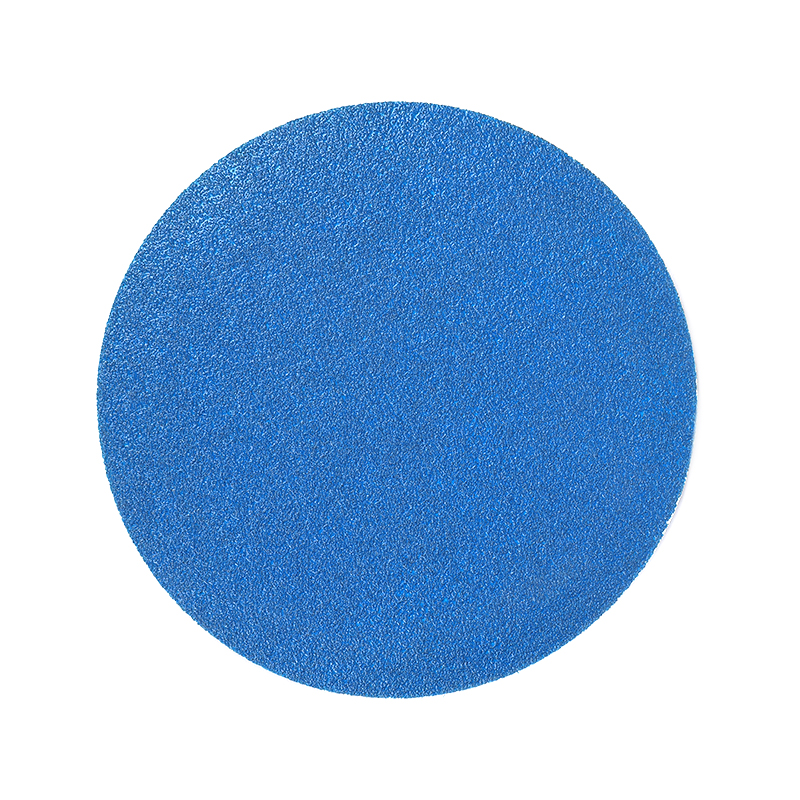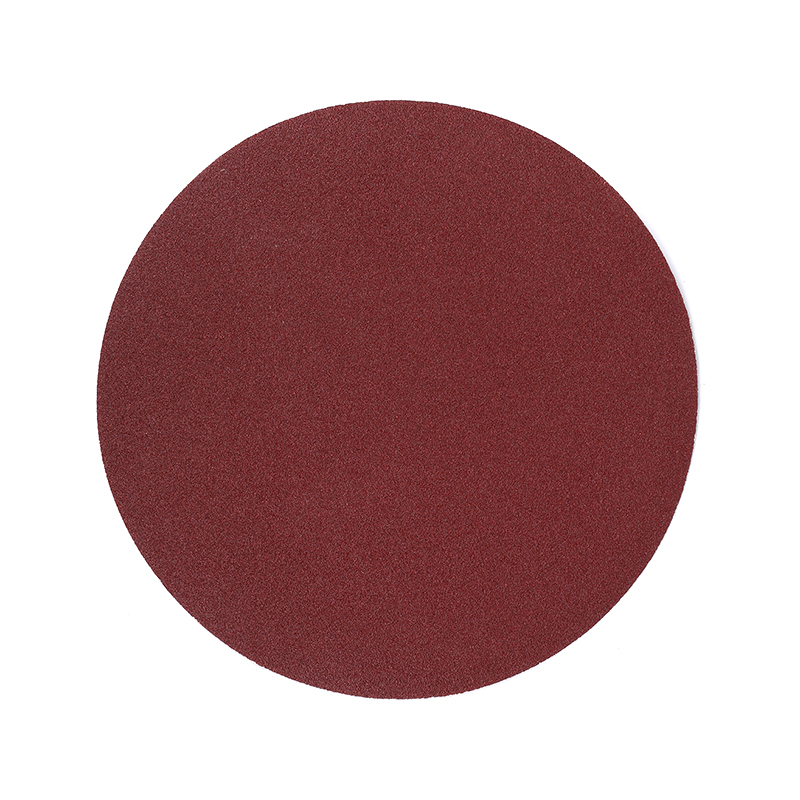The predominant Performance of Diamond Surface Coated Grinding Wheels
 2024.11.05
2024.11.05
 Industry News
Industry News
Diamond surface grinding wheels and diamond coated grinding wheels have emerged as predominant tools for achieving high-quality finishes on a variety of materials. These advanced abrasives are renowned for their exceptional hardness, wear resistance, and cutting efficiency, making them indispensable in industries where precision and durability are paramount.
Diamond surface grinding wheels are designed for heavy-duty grinding applications where high stock removal and long tool life are required. These wheels are characterized by their diamond abrasive grains that are embedded in a matrix, which can be made from various materials such as metal, resin, or vitrified bonds. The diamond grains provide an unmatched cutting edge, capable of grinding hard materials like carbides, ceramics, and other hard metals that traditional abrasives struggle with.
The use of diamond surface grinding wheels is particularly beneficial in applications where high precision and a fine finish are needed. They are often used in the aerospace, automotive, and electronics industries for grinding components such as engine parts, cutting tools, and precision instruments. The wheels' ability to maintain a consistent cutting edge even under heavy loads ensures a uniform and accurate grind, reducing the need for secondary finishing processes.
Diamond coated grinding wheels, on the other hand, offer a different approach to grinding with diamonds. Instead of embedding the diamond abrasives within a matrix, these wheels feature a coating of diamond particles on their surface. This coating can be applied to various substrates, including metal, ceramic, or plastic, depending on the specific application.
The primary advantage of diamond coated grinding wheels is their flexibility and adaptability. They can be used on a range of materials, from metals to glass and stone, and are particularly effective for applications that require a high degree of precision and minimal heat generation. These wheels are often used in the jewelry industry for shaping and polishing gemstones, as well as in the medical field for grinding and polishing implants and other delicate instruments.
Both diamond surface grinding wheels and diamond coated grinding wheels offer several benefits over traditional abrasives. Their predominant hardness allows them to maintain a sharp cutting edge for longer periods, reducing the need for frequent wheel changes and downtime. This results in increased productivity and cost savings for businesses.
Additionally, the high cutting efficiency of diamond abrasives leads to faster stock removal rates, which can significantly reduce processing times. The wheels also produce less heat during grinding, which is crucial for preventing thermal damage to sensitive materials.
The use of diamond grinding wheels also has environmental implications. Their longevity means fewer wheels need to be produced and disposed of, reducing waste and the environmental impact of manufacturing new abrasives. Furthermore, the reduced energy consumption associated with faster grinding processes contributes to lower carbon emissions.
In conclusion, diamond surface grinding wheels and diamond coated grinding wheels are valuable assets in the world of precision grinding. Their ability to handle hard materials, maintain a sharp edge, and reduce processing times makes them ideal for a variety of applications. As industries continue to demand higher precision and efficiency, the use of diamond grinding wheels is likely to grow, further solidifying their place as essential tools in modern manufacturing.

 Eng
Eng  عربى
عربى
